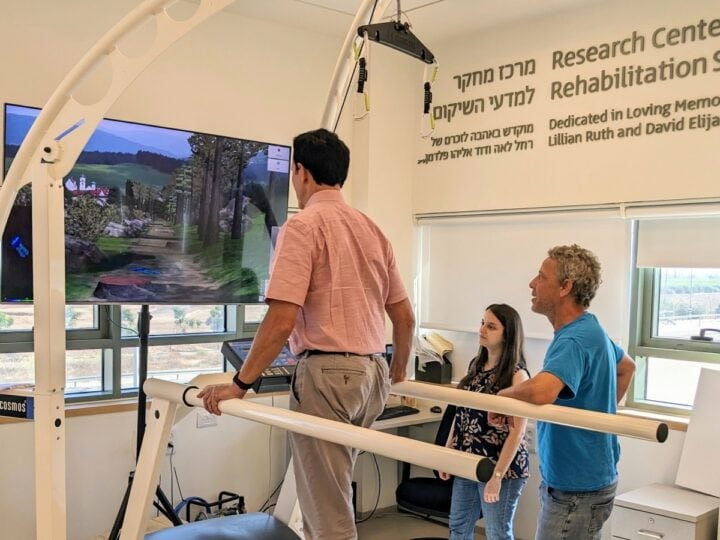It may not fit on an iPhone yet, but tiny hyperspectral technology from Israel may be the next big thing in photography.
Hyperspectral cameras capture very tiny images by analyzing information at different wavelengths on the electromagnetic spectrum. The resulting pictures can be used in a wide range of industries: homeland security surveillance, medical imaging, petroleum, mining, aerospace and agriculture.
Looking to make the most of the growing hyperspectral space – predicted to be worth nearly $13 billion by 2021 — researchers at Ben-Gurion University of the Negev have miniaturized hyperspectral technology.
Their invention is an add-on for a standard camera and doesn’t require any new technology; it can be made with commonly available materials such as liquid crystal. They say it generates superior quality images and video than do currently available hyperspectral cameras – and at a lower cost.
The BGU hyperspectral add-on can detect images as small as cancer cells or measure contaminants in water with close to 100 percent precision, the researchers say.
“The hyperspectral marketplace has increased significantly in the last five years,” said Netta Cohen, CEO of BGN Technologies, the technology-transfer company of BGU. “This new invention, with a commercial partner, will help lower the cost of hyperspectral cameras and make them far more accessible to professional photographers.”
The software uses ”compressive sampling,” which minimizes the collection of redundant data during image capture, said Prof. Adrian Stern, head of the BGU Electro-Optical Engineering Unit. That makes “the camera at least 10 times faster and creates spectral images of a markedly superior quality.”
“Instead of using a large and heavy prism inside the camera, we developed a very small, tunable filter and sensor that are activated by electrical current,” added Prof. Dan Blumberg, BGU vice president and dean for research and development, who is also part of the research team. “Every time the current changes, a photo is taken.”
Prof. Stanley Rotman of the department of electrical and computer engineering and Yitzhak August, a former PhD student in the Electro-Optical Engineering Unit, round out the development team.

















